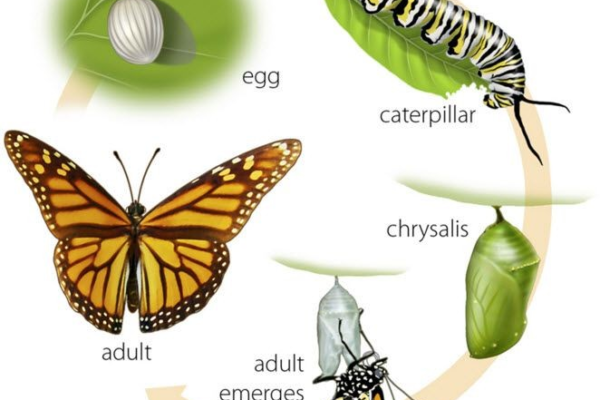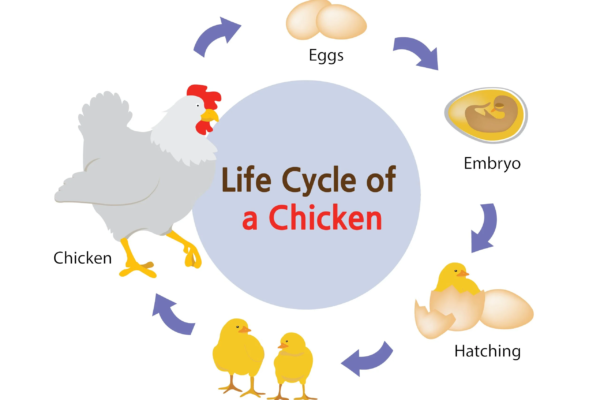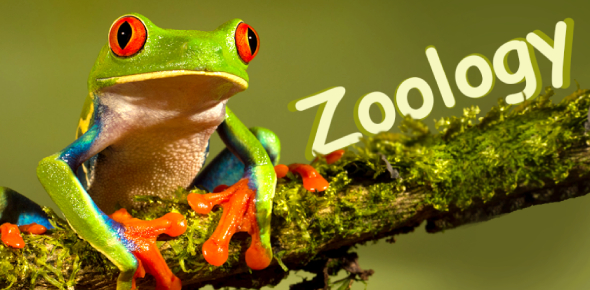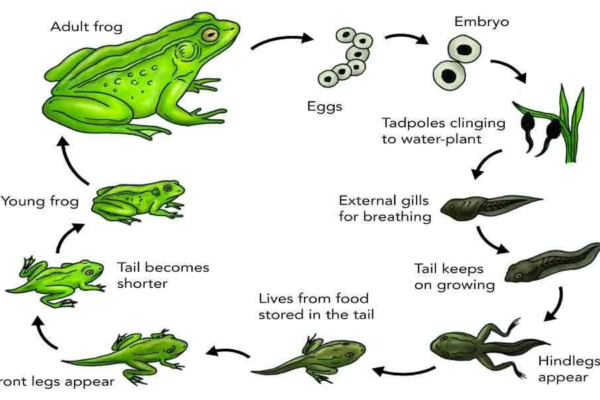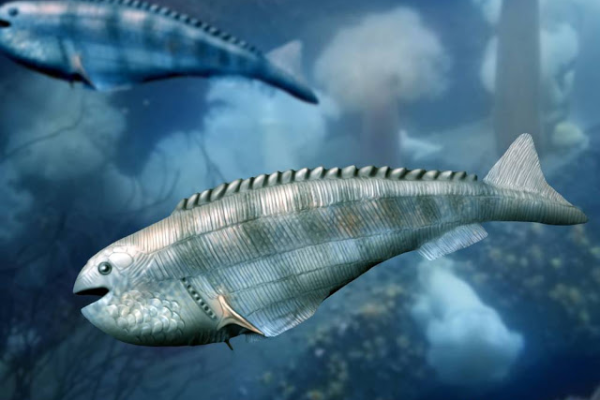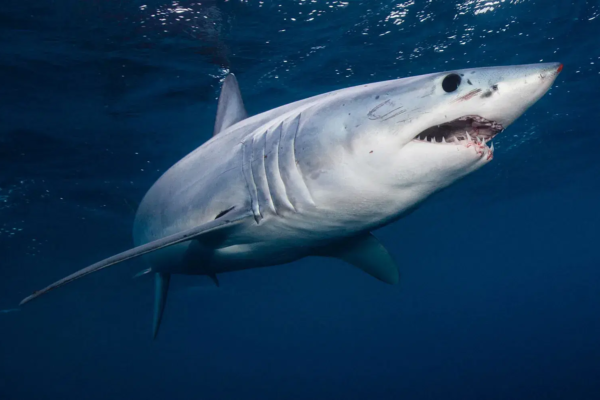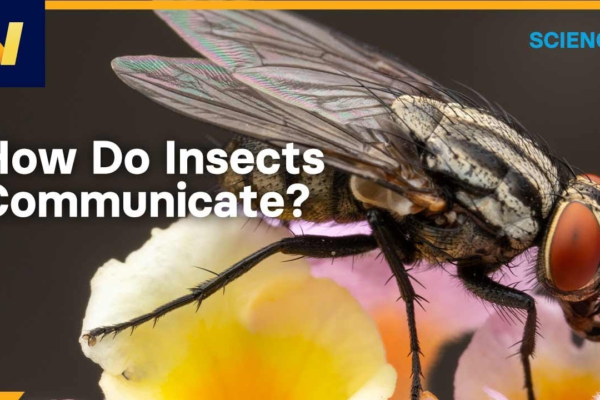
Insects Communication:
What is insect communication called? Many insects communicate by emitting smells that are unique to their species. These smells are called pheromones. Using smell to talk to each other can be useful for insects that are awake at night (nocturnal), or travel over long distances since smell can easily travel. Example : CRICKETS – sing by rubbing…








